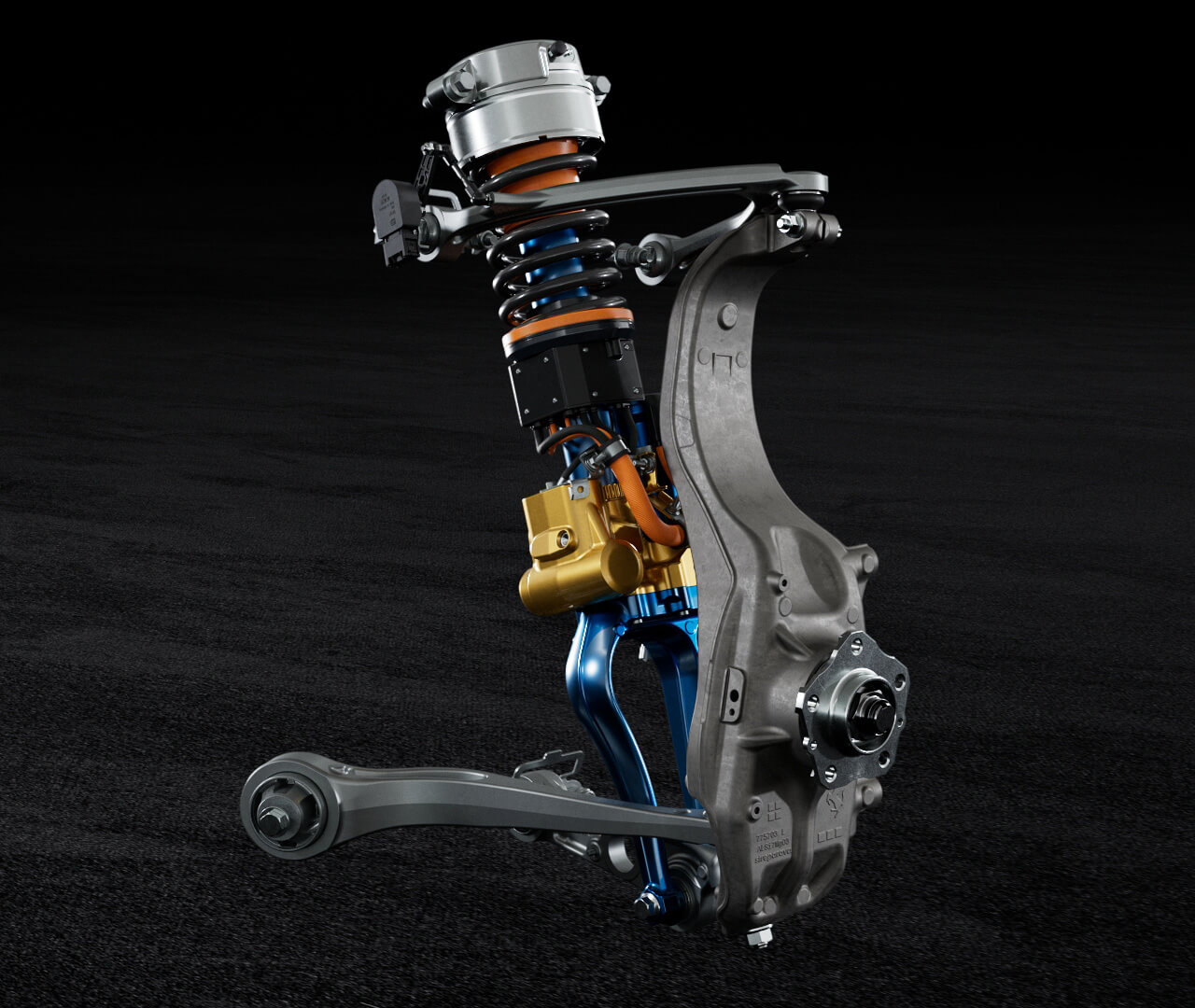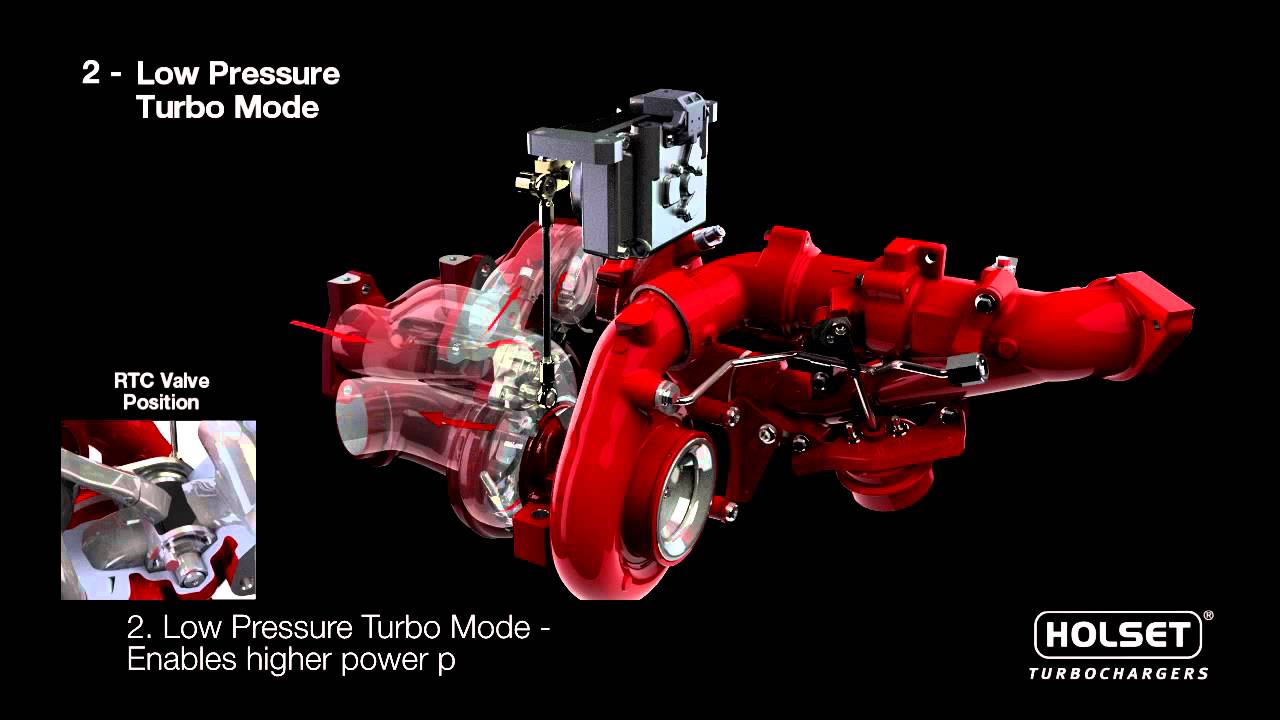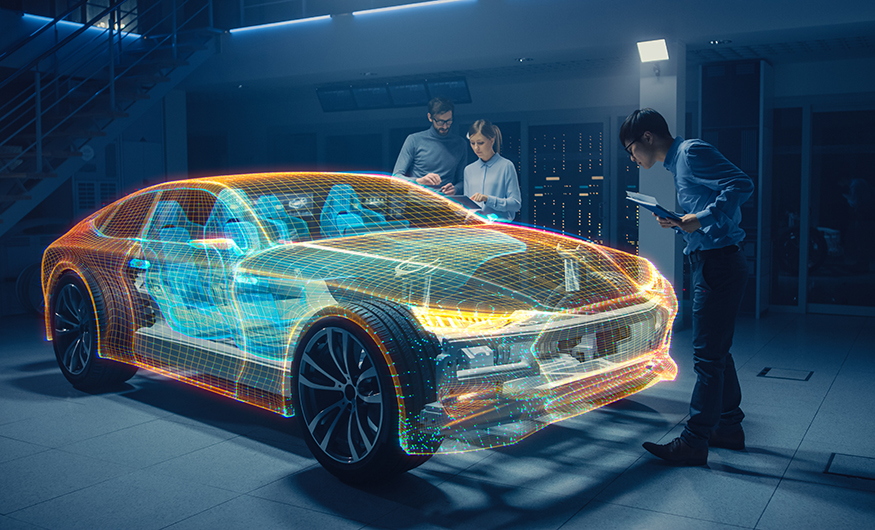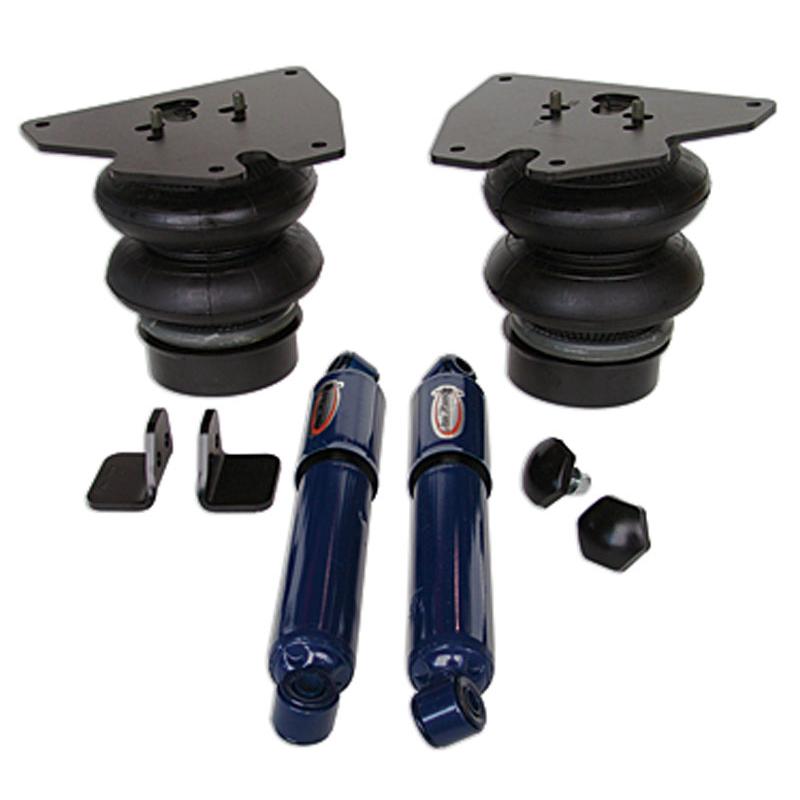BMW Mild Hybrid Technology: Enhancing Efficiency and Performance
BMW Mild Hybrid Technology represents a significant step towards a more sustainable future in the automotive industry. This innovative technology, integrated into a range of BMW models, combines the power […]
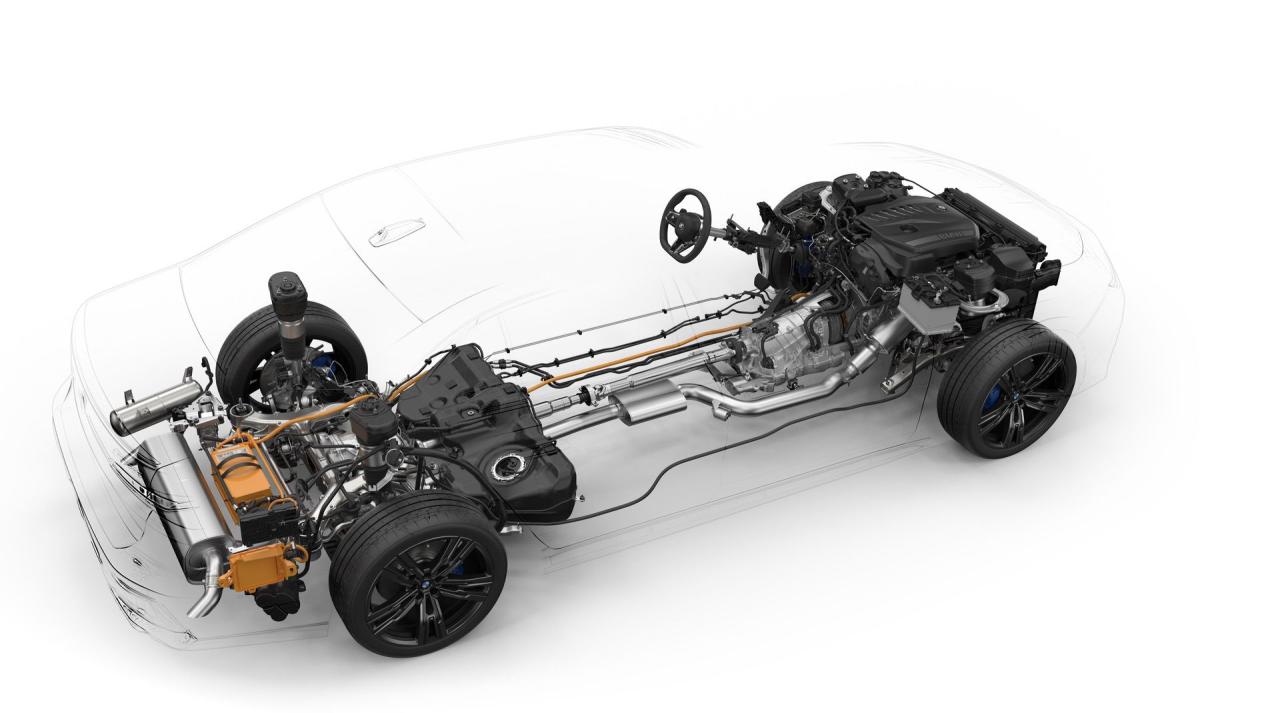
BMW Mild Hybrid Technology represents a significant step towards a more sustainable future in the automotive industry. This innovative technology, integrated into a range of BMW models, combines the power of a traditional combustion engine with an electric motor and a 48V electrical system, resulting in enhanced fuel efficiency, reduced emissions, and a more responsive driving experience.
The system operates seamlessly, providing an extra boost of power during acceleration and capturing energy during deceleration and coasting, which is then stored in the battery. This energy regeneration process significantly reduces fuel consumption and CO2 emissions, contributing to a greener driving experience.
Introduction to BMW Mild Hybrid Technology
BMW Mild Hybrid Technology is a system designed to enhance fuel efficiency and reduce emissions in BMW vehicles. It achieves this by using an electric motor to assist the combustion engine, thereby reducing fuel consumption and CO2 emissions.
Benefits of BMW Mild Hybrid Technology
The benefits of BMW Mild Hybrid Technology are numerous and contribute to a more efficient and sustainable driving experience.
- Improved Fuel Efficiency: The electric motor assists the combustion engine during acceleration, reducing the load on the engine and therefore fuel consumption.
- Reduced Emissions: By reducing fuel consumption, the technology also lowers CO2 emissions, contributing to a cleaner environment.
- Enhanced Performance: The electric motor provides an immediate boost of power during acceleration, resulting in a more responsive and engaging driving experience.
- Smoother Driving: The electric motor assists with engine braking, resulting in a smoother and more comfortable driving experience.
- Increased Efficiency: The technology allows for engine shut-off at idle, further reducing fuel consumption and emissions.
BMW Models with Mild Hybrid Technology
BMW has integrated its Mild Hybrid Technology into a variety of models across its lineup, including:
- BMW 3 Series: The 3 Series is available with a 48V mild hybrid system that provides a boost of power and improved fuel efficiency.
- BMW 5 Series: The 5 Series also features a 48V mild hybrid system that contributes to a smoother and more efficient driving experience.
- BMW X3: The X3 is equipped with a 48V mild hybrid system that enhances both performance and fuel efficiency.
- BMW X5: The X5 is also available with a 48V mild hybrid system that provides a noticeable boost in power and efficiency.
How BMW Mild Hybrid Technology Works
BMW’s mild hybrid technology, known as “48V mild hybrid,” enhances fuel efficiency and performance by utilizing a small electric motor to assist the engine. This system seamlessly integrates with the combustion engine, offering a more efficient and dynamic driving experience.
Components of a BMW Mild Hybrid System
The BMW mild hybrid system comprises several key components that work together to achieve its objectives.
- Starter-Generator: This is the heart of the system, acting as both a starter motor and a generator. It provides an electric boost to the engine during acceleration and harvests energy during deceleration and coasting.
- 48V Electrical System: This dedicated electrical system operates at a higher voltage than the traditional 12V system, enabling greater power flow and efficiency. It powers the starter-generator and other mild hybrid components.
- Lithium-Ion Battery: This compact battery stores the energy captured during deceleration and coasting, making it available for the starter-generator to assist the engine.
- Engine Control Unit (ECU): The ECU manages the entire mild hybrid system, coordinating the operation of the starter-generator, battery, and other components.
Operation of the Mild Hybrid System
The BMW mild hybrid system operates seamlessly in different driving conditions, optimizing fuel efficiency and performance.
Acceleration
During acceleration, the starter-generator provides an electric boost to the engine, enhancing performance and reducing fuel consumption. This boost is especially noticeable during initial acceleration, offering a smoother and more responsive driving experience.
Deceleration
When the driver lifts off the accelerator or brakes, the starter-generator acts as a generator, capturing the kinetic energy that would otherwise be lost as heat. This energy is then stored in the lithium-ion battery for later use.
Coasting
While coasting, the engine is decoupled from the drivetrain, allowing the vehicle to glide with minimal friction. The starter-generator can also assist with coasting, providing a slight braking effect to further enhance fuel efficiency.
Advantages of BMW Mild Hybrid Technology

BMW’s mild hybrid technology offers a compelling blend of fuel efficiency, reduced emissions, and enhanced performance, making it a desirable option for drivers seeking a balance between sustainability and driving pleasure.
Fuel Efficiency Improvements
Mild hybrid technology significantly contributes to fuel efficiency by harnessing energy that would otherwise be wasted. The system captures energy during deceleration and braking, storing it in a small battery. This stored energy is then used to assist the engine during acceleration, reducing the load on the engine and optimizing fuel consumption. This translates to tangible benefits for drivers, as they can enjoy a noticeable reduction in fuel costs over time.
Reduced CO2 Emissions
The reduction in fuel consumption directly translates to lower CO2 emissions, making BMW’s mild hybrid technology a valuable contributor to environmental sustainability. By minimizing the amount of fuel burned, the technology helps reduce the carbon footprint associated with driving. This is particularly relevant in today’s world, where concerns about climate change are increasingly prominent.
Enhanced Performance and Driving Experience
Beyond fuel efficiency and emissions reduction, BMW’s mild hybrid technology enhances the overall driving experience. The additional boost provided by the electric motor during acceleration results in a smoother and more responsive driving feel. This is particularly noticeable when starting from a standstill or when accelerating at low speeds. The system’s seamless integration ensures that the performance enhancement is subtle yet noticeable, adding to the overall driving pleasure.
Future of BMW Mild Hybrid Technology
BMW’s mild hybrid technology is poised for significant advancements, playing a crucial role in the company’s sustainability goals and shaping the future of its vehicles.
Evolution of Mild Hybrid Systems
BMW’s mild hybrid technology is constantly evolving, with future advancements focusing on increased efficiency and performance. One key area of development is the integration of more sophisticated 48V electrical systems. These systems can handle higher power outputs, enabling the use of larger electric motors and more powerful regenerative braking systems.
The future of BMW’s mild hybrid technology is likely to involve the integration of more advanced electric motors and regenerative braking systems, enhancing efficiency and performance.
Role in BMW’s Sustainability Goals
Mild hybrid technology is a cornerstone of BMW’s sustainability strategy. By reducing fuel consumption and emissions, these systems contribute to the company’s commitment to cleaner mobility. BMW aims to significantly reduce its carbon footprint across its entire vehicle lineup, and mild hybrid technology plays a key role in achieving this objective.
Future Development of Mild Hybrid Systems, Bmw mild hybrid technology
Future BMW mild hybrid systems will likely feature:
* Improved Battery Technology: Advancements in battery technology will lead to lighter, more energy-dense batteries, enhancing range and efficiency.
* Enhanced Electric Motor Integration: More sophisticated electric motors will offer greater power and torque, contributing to improved performance and fuel economy.
* Advanced Regenerative Braking: Regenerative braking systems will become even more efficient, capturing more energy from deceleration and extending the electric range.
* Integration with Other Technologies: Mild hybrid systems will be seamlessly integrated with other technologies, such as advanced driver assistance systems (ADAS) and connected car features.
BMW’s future mild hybrid systems are expected to feature advanced battery technology, enhanced electric motor integration, and more efficient regenerative braking, leading to improved performance and fuel economy.
Last Recap
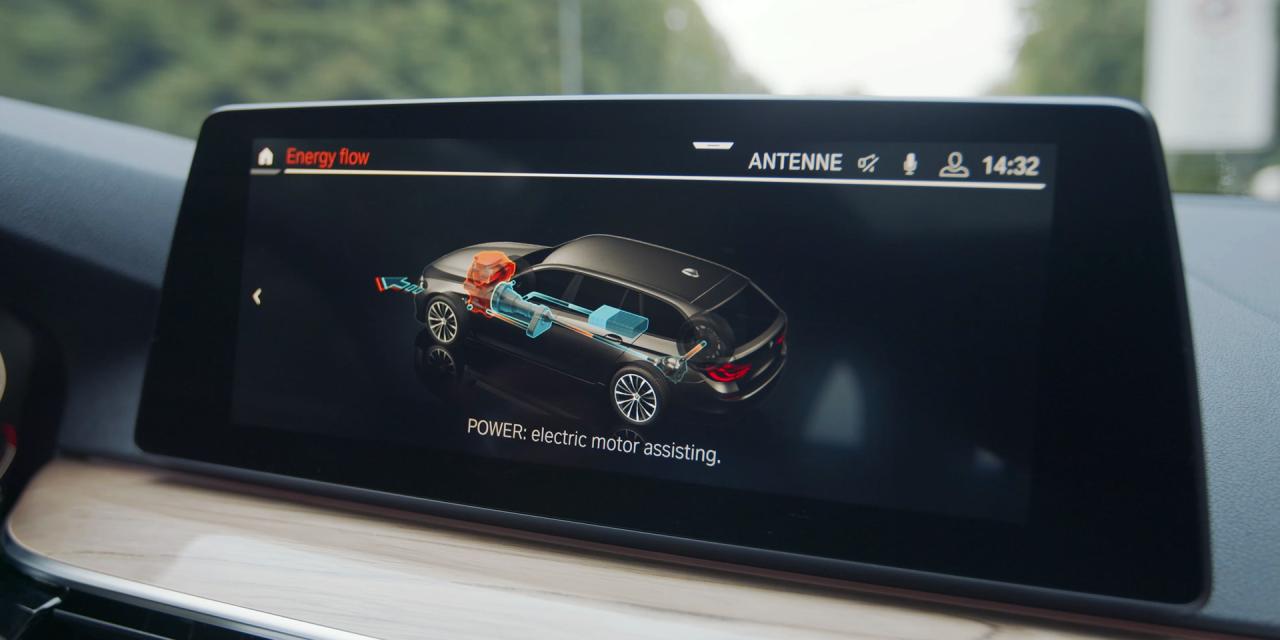
BMW Mild Hybrid Technology is a testament to the brand’s commitment to innovation and sustainability. By seamlessly blending the power of a combustion engine with the efficiency of electric technology, BMW offers drivers a compelling combination of performance, fuel economy, and environmental responsibility. As the technology continues to evolve, we can expect even more impressive advancements in the future, further solidifying BMW’s position as a leader in the automotive industry.
BMW’s mild hybrid technology is a clever way to boost fuel efficiency, but it’s not the only innovative technology out there. For example, the halo technologies body camera is revolutionizing law enforcement and security by providing clear, reliable evidence in critical situations.
Similarly, BMW’s mild hybrid technology is designed to enhance driving experience and contribute to a more sustainable future.

